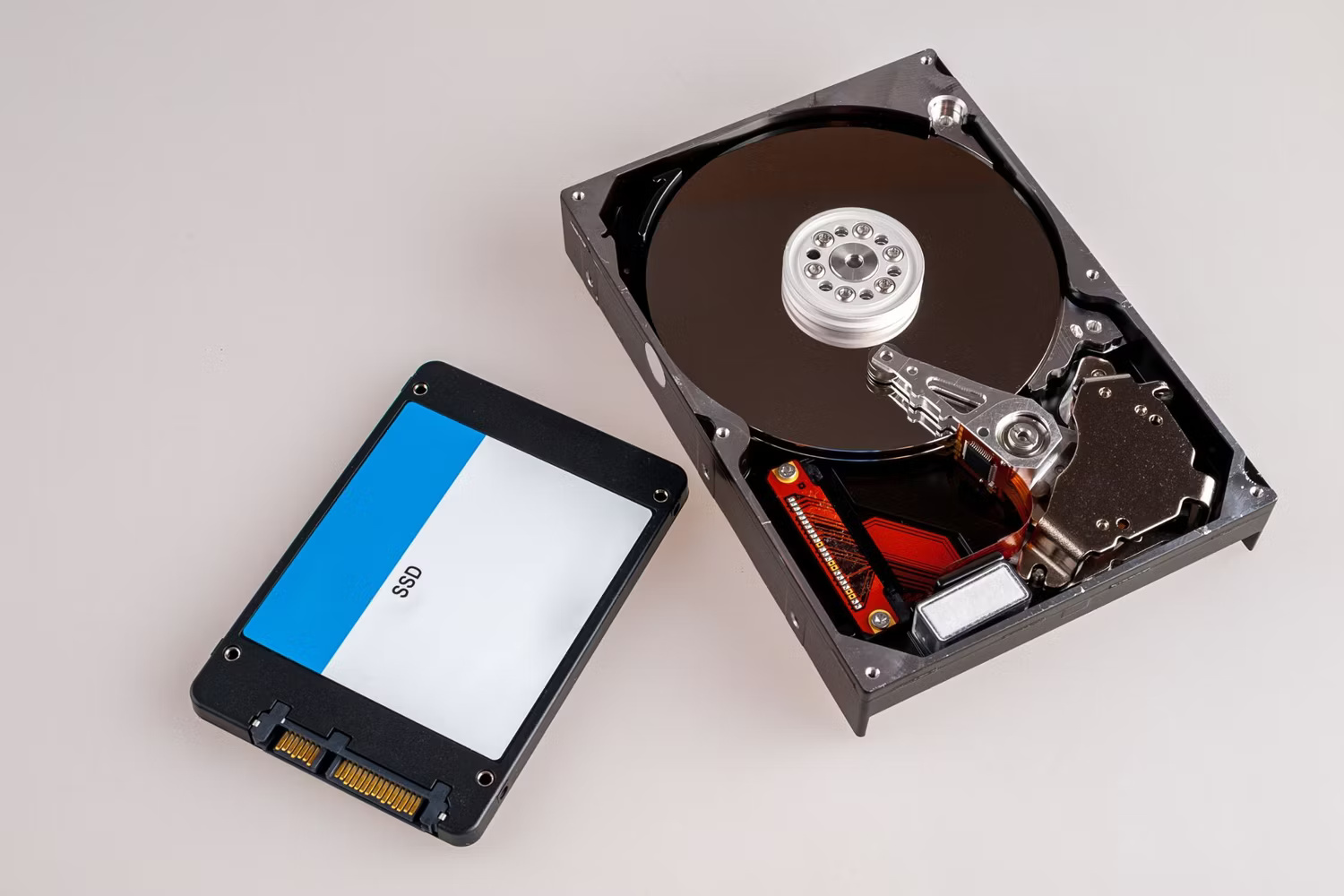6 reasons to store games on SSD drives
Many modern games can easily take up hundreds of gigabytes of storage space on your drive. When a game is this large, performance is determined not only by the CPU/GPU combination but also by the storage speed on the PC.
That's where SSDs come in. They're fast, reliable, and getting cheaper. So, if you're considering switching to an SSD on your gaming PC, here are 6 reasons.
1. Faster loading time
One of the most prominent advantages of SSD over HDD is significantly faster data transfer speed. Not only does this help transfer files quickly, but this faster data transfer speed also leads to faster game load times.
In general, SSDs are about 4 times faster than HDDs in both read and write speeds. While exact figures will vary based on the specific HDD and SSD being compared, overall, SSDs will deliver a much faster user experience.

Multiplayer games also benefit from SSDs. Some games like Valorant don't launch the map for everyone on the server until every player has finished loading. Even if you get consistent frame rates throughout the game, load times can greatly impact the overall gaming experience.
2. Better in-game performance
Another side effect of SSD's fast data transfer speeds is better in-game performance. Let's say you want to upgrade your computer. In that case, a high-speed SSD is one of the easiest, most impactful, and most cost-effective upgrades. This will have a noticeable impact on PC performance, which in turn will lead to fewer hiccups during gameplay due to the game trying to load certain content.
Since modern AAA titles can perform thousands of small read and write operations as you play, transferring hundreds of megabytes or even gigabytes of data back and forth, faster data read and write speeds are key. key.
However, remember that installing games on SSD is not a shortcut to increasing FPS. The CPU/GPU combination on a PC still plays an important role in game performance, but installing an SSD can help improve latency and prevent lag during gameplay.
3. Improved graphics

While installing an SSD won't make 720p games look ultra-realistic, fast load times and better in-game performance will result in better overall visual fidelity.
The way most textures in modern games work is that nearly every object has a low-res texture when you're further away from it, then is replaced by a higher-res texture when you're farther away. you are near. When using an SSD, this transition between low-res and high-res textures is much faster because the game can load and swap textures faster.
4. Better reliability than HDD

Compared to HDD, SSD does not have any moving parts inside. This makes them more shock-resistant and durable, providing much better reliability than HDDs.
When working with HDDs, there are many factors to keep in mind. Since these drives have mechanical moving parts inside, they tend to wear out over time. The moving parts inside a hard drive are also quite delicate, meaning that even a small impact on the drive can cause it to fail.
5. The system operates more quietly
Nowadays, HDDs do not operate completely silently, they still make some sounds due to the rotating mechanical parts inside. On average, an HDD can create nearly 20 to 40dB of white noise when in use. What makes SSDs more reliable than HDDs also makes them quieter since they have no moving parts inside.
The sound problem may increase if you have an old HDD. It's possible that the hard drive's sound will be drowned out by the PC fan, but if you want your gaming PC to run as quietly as possible, an SSD is the best solution.
6. Better energy efficiency
Whether you're using a gaming PC or a laptop, chances are you've got a power-hungry CPU and GPU. When gaming, both of these components are under pressure and consume as much power as possible to deliver the best performance. Depending on the power source, the remaining power may not be enough for other components to function properly.
SSDs require much less power than HDDs to run and perform better in these situations. SSDs use 1 to 4 watts of power, while HDDs can reach 20 to 25 watts during startup and then stabilize at a relatively low level of 4 to 9 watts during normal operation. often.